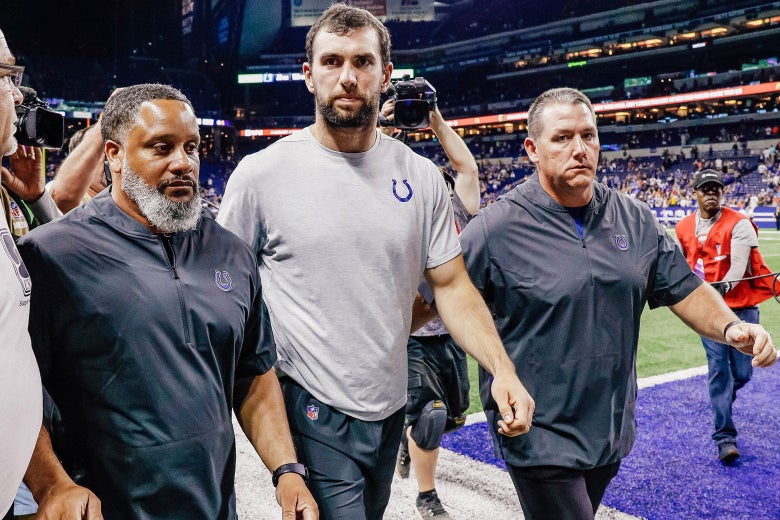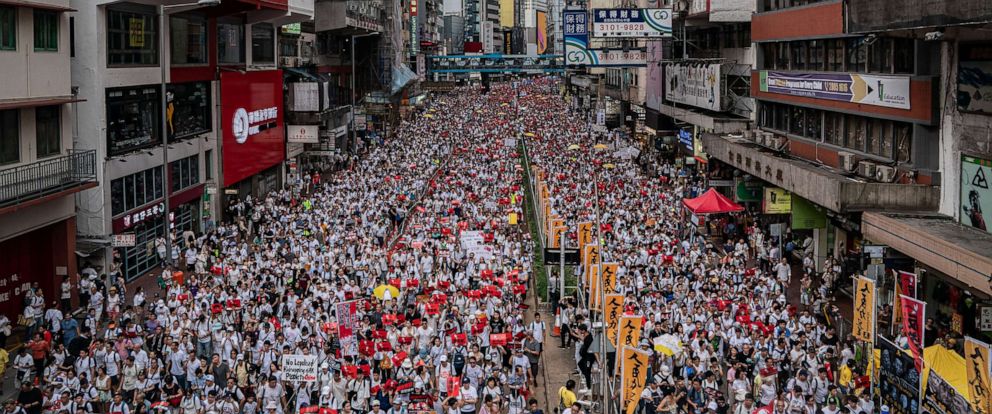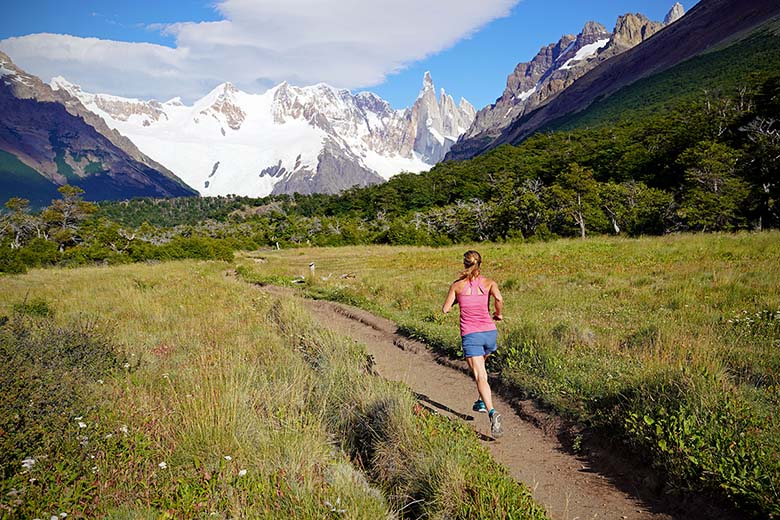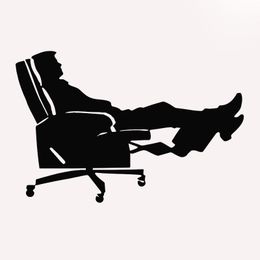
Andrew Luck’s retirement is surprising in its abruptness.
There is the usual exaggeration from sportswriters and TV talking heads. Being a beat writer makes for some genuine
cynicism. The lies and distortions from front offices creates antagonism, fear and loathing in the reporters. The most annoying ones are the 'what-does-this-say-about-society' types that never miss a change to remind fans how immoral we all are. Some are already signaling the
death of football and blaming the fans in the process. Jamele Hill at the Atlantic thinks Luck is Exhibit A in
“evolving” players retiring before injuries completely ruin any chance at a
normal life.
Not
all fans are actually capable of seeing the humanity of the players they follow
so closely. When the allure of the game is rooted in violence, and in
conformity to whatever the team demands, players are treated as physical
objects and nothing more.
The tone is one of finger waging. “How can you watch this
sport that glorifies pain?” First of all the “allure of the game” is that most
of couldn’t make a college roster at any spot, let alone an NFL team. There is
an excellence most people will never know, it’s a mystique. We love football
because only the toughest, most athletic and physically gifted among us can do
it. Yes it is violent but the violence isn’t arbitrary or excessive, it’s a
game of rules. Players aren’t treated as “physical objects and nothing more”.
They couldn’t sell us life insurance or deodorant, loafers or pizza if we
regarded them as mere pawns. Their value doesn’t extend beyond the team in though;
we rely on their greatness as long as the team wins. That isn’t very different
from the corporate world is it?
If we are seeing a move away from long careers then so be
it. The salaries are extremely high because of the risky nature. Commercial
fisherman, coal miners and soldiers would be fortunate to earn such a
massive take. It pays well because so few can do it, also because we pay to
watch. Andrew Luck made a very reasonable calculation; he’d made enough money
to live comfortably. Better to get out while still relatively healthy. I think
the timing was terrible and he should have done this last season, or waited
until this one was over.
Some fans booed him as he headed for the tunnel. The story
is that Luck retired after a short career, at least for someone with such a
bright future. But a lot of sports writers and opinion talkers are making it
about the booing. This from Deadspin:
“It never
ceases to amaze me how some idiots can get so caught up in a fandom that they
forget the players on the field are human beings.”
I think the fans can be given a break here. Booing is always
ugly but their superstar quarterback quits right before the season and their
supposed to sing ‘thanks for the memories’ and he strolls out of stadium in a
T-shirt? They’re a little pissed off and they should be. If you hired a manager
to run your business and he quit right at the beginning of the project, you’d
be upset too.
The criticism of Luck
by the fans reflects the short notice of the news. It’s like “Oh by the way,
your potential hall of fame quarterback is retiring today, have a great season.”
If doesn’t matter what the reason, he left you dry. The anger will wane though.
Give it a season and they’ll appreciate his years and effort. I don’t think
anyone believes Andrew Luck wouldn’t play if he could perform reasonable well. He won’t get a Peyton Manning type reception
in Indy, but he won’t get the villain treatment forever. Colts fans will come
around eventually and look to the future.
Enough please about us fans not
treating players like human beings. You can find ugliness in fans all over the
league. But I won’t feel guilty about watching a game with a high probability
of injuries for the athletes. It’s made a lot of people very wealthy and provided
comfortable living standards for those with few other options.
There is a hard truth that comes with playing professional
team sports. The team is bigger than any one player. That’s especially true in
football where a bad turn or awkward hit can end a career overnight. It’s sad
when injuries keep guys out, but the games go on and the only thing retiring
players should feel is gratitude. Gratitude for the ability and the chance to
play the toughest game around and rake in some serious money for their efforts.
Gratitude that people thought so much of you, that they booed your decision to
step away.




